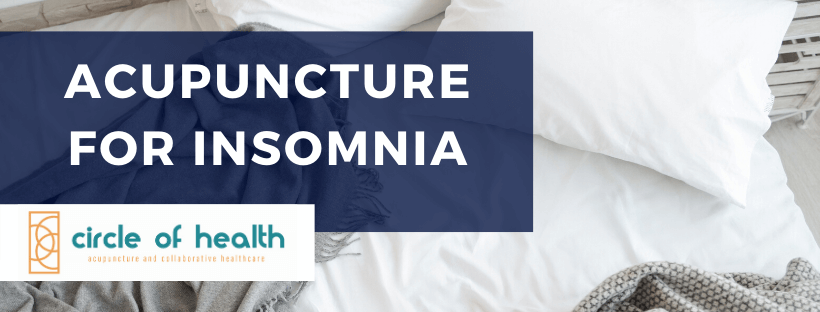
Acupuncture is a widely used treatment of insomnia in countries where Chinese medicine is practiced, including the United States, Canada, and most western European countries. The analgesic and sedating effects of stimulating specific acupuncture points are probably mediated by the release of endogenous opioid peptides in the brain (Lin, 1995). The specific acupuncture points stimulated depend on the energetic imbalance that is believed to cause insomnia. Like many complementary and alternative (CAM) approaches, the absence of standardized acupuncture treatment points for treating insomnia has interfered with efforts to design rigorously controlled double-blind studies.
A systematic review of all studies on acupuncture for insomnia published in the English language through 2002 identified few studies suitable for analysis because most studies had not used formal randomized, double-blind procedures (Sok, Erlen, & Kim, 2003). Most studies reviewed included small numbers of patients who reported insomnia symptoms of varying duration and severity. The reviewers concluded that acupuncture may be an effective intervention for the relief of insomnia (Sok et al., 2003). A subsequent systematic review also found inconclusive evidence for acupuncture in insomnia due to the small number of sham-controlled studies, differences in study design (Huang 2009).
Research findings suggest that acupuncture is an effective treatment of insomnia related to mental health problems such as generalized anxiety and schizophrenia. In a large case series, 500 individuals diagnosed with schizophrenia reported significant improvements in sleep following acupuncture treatments (Shi & Tan, 1986). In a double-blind sham-controlled study, (Montakab 1999), 40 individuals with schizophrenia were randomized to an acupuncture protocol traditionally used to improve sleep versus a sham protocol. All patients in the study were first diagnosed using energetic pulse diagnosis and were subsequently matched to appropriate acupuncture protocols addressing specific energetic “imbalances” associated with insomnia. Significant improvements in the subjective quality of sleep and commensurate changes on electroencephalographic (EEG) recordings were found in patients in the treatment group but not the sham group.
In addition to conventional needle acupuncture, auricular acupuncture (i.e., ear acupuncture) is a widely used approach in Chinese medicine to treat a range of medical and mental health problems. In this approach, an energetic imbalance associated with a particular symptom pattern is treated by attaching magnetic pearls to specific points on the ears. In one sham-controlled trial, 15 elderly patients complaining of insomnia were randomized to traditionally ear acupuncture (i.e., using magnetic pearls) versus a sham treatment protocol for a 3-week period. Sleep patterns were evaluated at 1, 3, and 6 months (Suen, Wong, Leung, & Ip, 2003). Significant improvements in sleep quality and duration were reported in the treatment group throughout the treatment period but not the sham group, and these differences persisted 6 months after the study ended.
Few generally mild adverse effects are associated with acupuncture and auriculotherapy when it is practiced by a skilled clinician. Traditional needle acupuncture and ear acupuncture treatments of insomnia (and other conditions) should always be administered by a skilled Chinese medical practitioner who has clinical experience treating sleep-related problems.
Article Source: https://www.psychologytoday.com/us/blog/integrative-mental-health-care/201905/acupuncture-insomnia-concise-review
Author: James Lake, MD
Learn More About Acupuncture
Visit: https://circleofhealthlongmont.com/therapy/acupuncture.php
Schedule Your Acupuncture Appointment Online: https://circleofhealthlongmont.as.me

Garth Reynolds, MSTCM, L.Ac.
Licensed Acupuncturist and Clinical Herbalist | Schedule Your Appointment
Martial Arts Instructors with Bagua Internal Arts | Local & Online Classes Weekly
#Acupuncture #AcupunctureBenefits #AcupunctureNearMe #AcupunctureWorks #Insomnia #SleepDisorder #NaturalSleepAid

